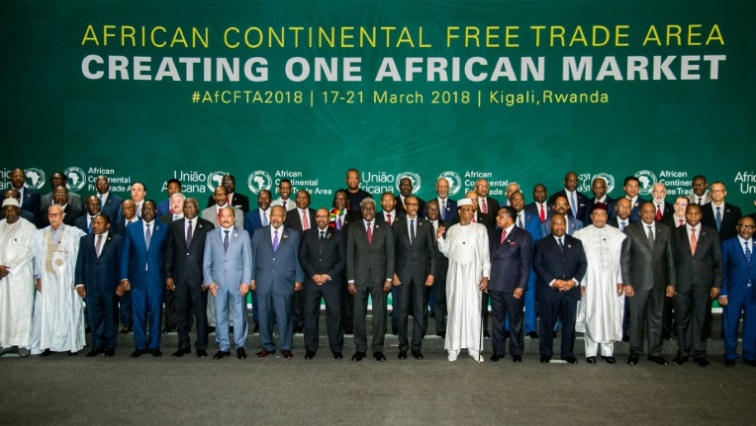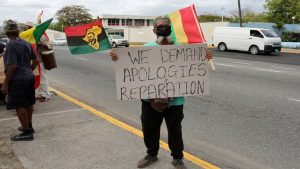Fifty-three African Heads of States recently met in Kigali, the scenery capital of Rwanda for their 10th Extraordinary Summit of the AU. They met to mull over the final details of their mooted continental free trade zone, an economically viable possibility ostensibly geared towards collective development of the continent and indeed the African child. It is a scheme, if one may call it that way, not dissimilar to the EU, which has continued to perfect the art of political and economic cooperation through their treaty.
Eventually the historic agreement was signed despite its imperfection, creating a framework for the Continental Free Trade Area. Nigeria, Africa’s most populous nation and leading economy, elected to hold back its signature, citing the need for elaborate domestic consultative process. Fair, I thought. For, what good lies in a deal that doesn’t enjoy the backing of its supposed beneficiaries?
Methinks soon, rather than later, Nigeria would be welcomed on board. It is about time that African political leadership in its entirety began to appreciate the essence of unity of purpose.
For far too long, the so-called Dark Continent has had to ensure a litany of ignominious escapades by unscrupulous looters. The Scramble for Africa in the 19th century comes to mind, among the many unsavoury chapters of foreigners hell-bent on stripping Africa of her wealth and dignity.
In my book, it is always better to try something and fail, rather than failing to try anything.
Rwandan president Paul Kagame got it spot-on when he said: “The creation of African market necessarily entails a metamorphosis in how we think and act. The full involvement of the private sector is needed more than ever before. The purpose of today’s forum is to discuss how to make the most of the new opportunities we are creating for ourselves.”
Let me make a bold attempt to unpack President Kagame’s sentiments. First and foremost, political and economic cooperation lead to amazing development for the regions and the entire continent. Invariably, such growth will lead to a deep sense of self-sufficiency, in other words, the much-needed continental autonomy. We people reap the benefits of autonomy, that’ll lead to stability, sometimes a rare commodity in our continent. But autonomy will provide Africa with a competitive edge in the global scheme of things, compelling others to treat the continent with respect and dignity. Such developments would inevitably result in the accentuation of Africa standing among the continents of the world. By extension, Africa’s influence in the international power relations would become greater. In the final analysis, a historic treaty entered into by AU’s member-states could have far-reaching consequences on the rapidly-changing universe.
In conclusion, a stable and united Africa fully autonomous and communicating with the outside world in one voice and same posture is too good an opportunity to miss.
There are some fantastic friendships which await Africa’s handshake. Key among them is no doubt BRICS, that emerging power bloc whose influence is growing faster than some quarters believe.
I’ve argued in this space before that Africa needs to embrace BRICS in every way possible. Two BRICS members, Russia and China, are two of the only five permanent members of the UN Security Council who possess veto powers. They don’t come bigger than this. Africa’s time is now.






